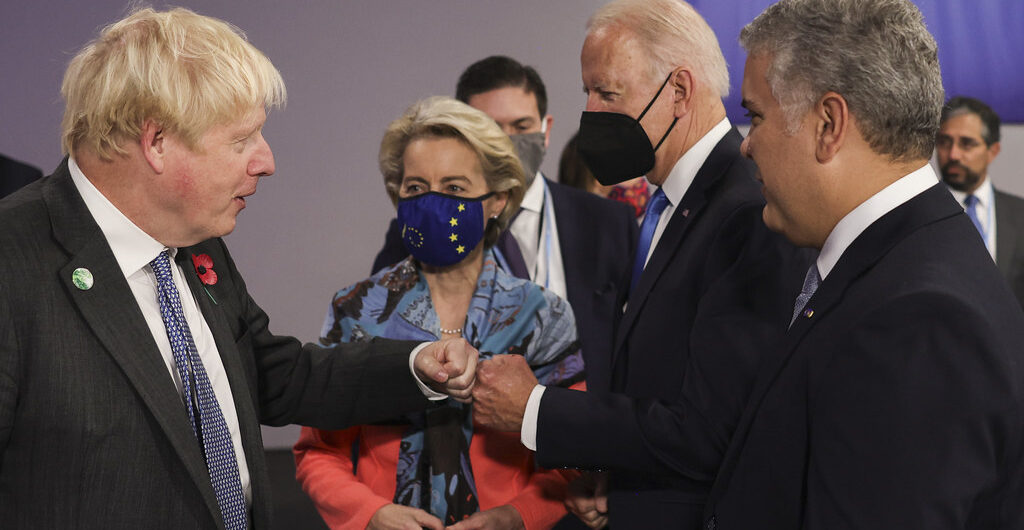Words by Maisie Levitt, Online News Editor
In the COP26 climate summit’s first major deal, more than 100 world leaders have agreed to put an end to global deforestation by 2030. As part of a multibillion-dollar package, the agreement also promises to reverse current and past deforestation.
The deal includes over £14 billion in private and public funds to be used to restore damaged land, support indigenous communities and mitigate wildfire damage. By signing this, prime ministers and presidents of countries that are major producers and consumers of deforestation-linked products will have committed to protect forest ecosystems. The governments of 28 countries pledged to remove deforestation from their country’s food and agricultural trades as well.
The countries that have signed the pledge cover about 85% of the world’s forests. This is different to previous deforestation deals – such as a failed previous one in 2014 – as this time, countries such as Russia, Brazil and China are part of the signatories.
Some of these countries in the deal are key players, such as Brazil, where there has been huge losses of the Amazon rainforest. Indonesia is the largest exporter of palm oil – a product increasing territory and forest destruction – while Russia’s forests have over 1/5th of the world’s trees.
Over 30 of the world’s major financial companies, like Aviva and Axa, have also promised to stop investing in activities that are linked to deforestation.
A $1.1 billion fund will be established to protect the world’s second largest tropical rainforest in the Congo Basin. Indonesia will also receive £350 million.
In a separate announcement, at least £1.25 billion of funding will be donated to indigenous groups and local communities by governments and philanthropists for their roles in protecting forests.
While many welcome the deal, others are skeptical of how the funding will be used. Carlos Rittl, who works for the Rainforest Foundation Norway, has stated that “Big cheques won’t save the forests if the money doesn’t go into the right hands”. Because of previously failed deals and climate change urgency, there is high importance to commit to the agreed goals.
Professor Simon Lewis of University College London, told the BBC “It is good news to have a political commitment to end deforestation from so many countries, and significant funding to move forward on that journey.” However, he also said that the world “has been here before” with the 2014 deal “which failed to slow deforestation at all”.
Experts expect many to be disappointed with the 2030 goal even if the agreement itself is “a big deal”, according to Ecologist Dr Nigel Sizer. “We’re facing a climate emergency so giving ourselves another 10 years to address this problem doesn’t quite seem consistent with that”. Albeit this may be a popular sentiment, Sizer, a former president of the Rainforest Alliance, concludes “But maybe this is realistic and the best that they can achieve.”





